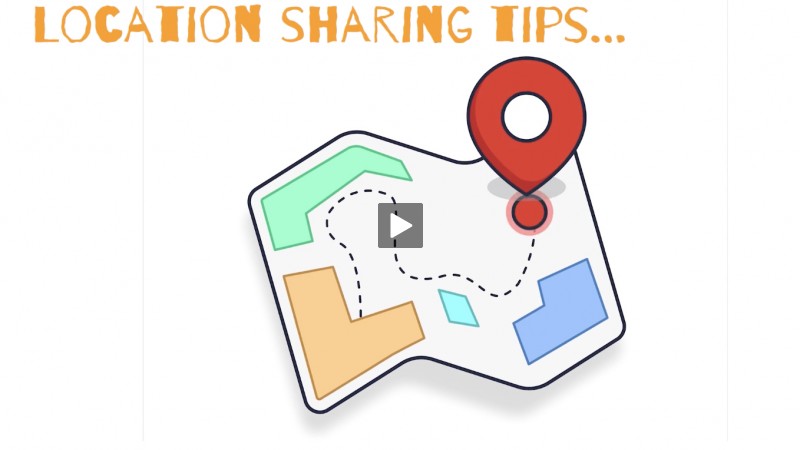How Secret Surveillance Scores Are Impacting Your Life
- Details
- Written by Will from Holland
- Category: Articles

You have probably heard about Secret Surveillance Scores, right? Or you may have even seen our video on it (if not, watch it here now).
It's pretty scary. Especially because you have very little control over who's collecting, sharing or buying your information, and perhaps more importantly, how that information is being used to manipulate you.
Background Info
You need to know about this stuff. What's happening impacts you in a lot of ways. Here's a brief summary from our video:
Secret Surveillance Scores are scores assigned to consumers by firms that specialize in collecting intimate details of your life for the purpose of predetermining your consumer behavior.
These firms write software algorithms that instruct computers to track your data trail and develop a digital profile which is then reduced to a number – the score.
Then they sell this information to corporations who use it to decide how to treat you. For example, they might charge you higher prices for the same product than others. They might give you better customer service than others. They may even deny you the right to purchase services or buy or return products while allowing others to do so.
Based on your data profile, you may even be denied housing or jobs.
Yep, welcome to modern-day redlining. Discrimination based on race, consumer worthiness, income level and other variables.
Unsettling Examples
This article in the Washington Post gave some unsettling examples:
Secret Surveillance Scores are being used to judge your overall "consumer worthiness", especially if you are trying to find work in the gig economy.
Car insurance companies may raise their prices if you use certain driving style apps (and score badly on those).
Landlords may use it to judge whether you'll pay your rent on-time, are capable of dealing with increases in rent, or may even break your lease.
Some employers may use it to decide if you live in the right area to possibly be a successful employee, or whether you use the right internet browser to be a successful employee.
If your score is low, cellphone providers may put you on hold for longer. (Random!)
Retailers use it to see if you're likely to commit fraud when returning products.
Health care providers and their insurance companies use your score to put you in a certain bracket of patient investment, or to determine if you're likely to refill your prescription.
Some of these actions seem just scary, and some may cost you a lot of money!
Based on Your Personal Data
But all of this is based on your personal data, based on your internet searches, your shopping history, your phone and computer usage characteristics, and even your genetic information or facial characteristics, and much, much more.
That data is collected from your computer, smartphone and any of your IoT devices—which you've given voluntarily—that is put through algorithms within seconds.
BAM, they may know you better than you know yourself, and they're basing important financial decisions on it that can really impact you (and your money).
Get a Grip
So, you want to have a grip on your Secret Surveillance Score, right?
This is not a guarantee, but worth a try:
If you're about to make a (major) financial decision, seriously shop around!
By doing your research by using a VPN or through using stealth mode in your browser (here is how with 4 main browsers), you may be able to get a fair deal—and not have it being based on your secret surveillance score.
And you can limit the data you share.
If you are an iPhone user, adjust your device's privacy settings to not allow "background app refresh". If you use an Android, adjust your phone's privacy settings to not "allow background data usage".
Next, stop auto sharing! Up your privacy game, now.
-
Lastly, here are the tips again from the video mentioned above.
Four actions you can take against secret surveillance scoring:
-
Email Sift at This email address is being protected from spambots. You need JavaScript enabled to view it. to see your consumer trustworthiness.
Fill out Zeta Global's online form to see if you're considered to have lots of money to spend. You can find the link in the "Request the transfer" paragraph of their privacy policy.
-
Retail Equation helps companies decide whether to accept or reject product returns. Email them for a report at This email address is being protected from spambots. You need JavaScript enabled to view it..
-
Finally, email Riskified at This email address is being protected from spambots. You need JavaScript enabled to view it. to see your fraud score.
Just an FYI, do not expect a quick response, if they do respond at all. Just because a company say's they will provide the data, doesn't mean they will.
-
It's an Ongoing Fight
And that's about it. Good consumer organizations like Public Citizen and the Consumer Federation of America are constantly fighting the Federal Trade Commission and Congress to create regulation around big data and these secret scores, but the move is slow.
So, until then, use the tips above to keep your money in your pocket.
Good luck, Will


































